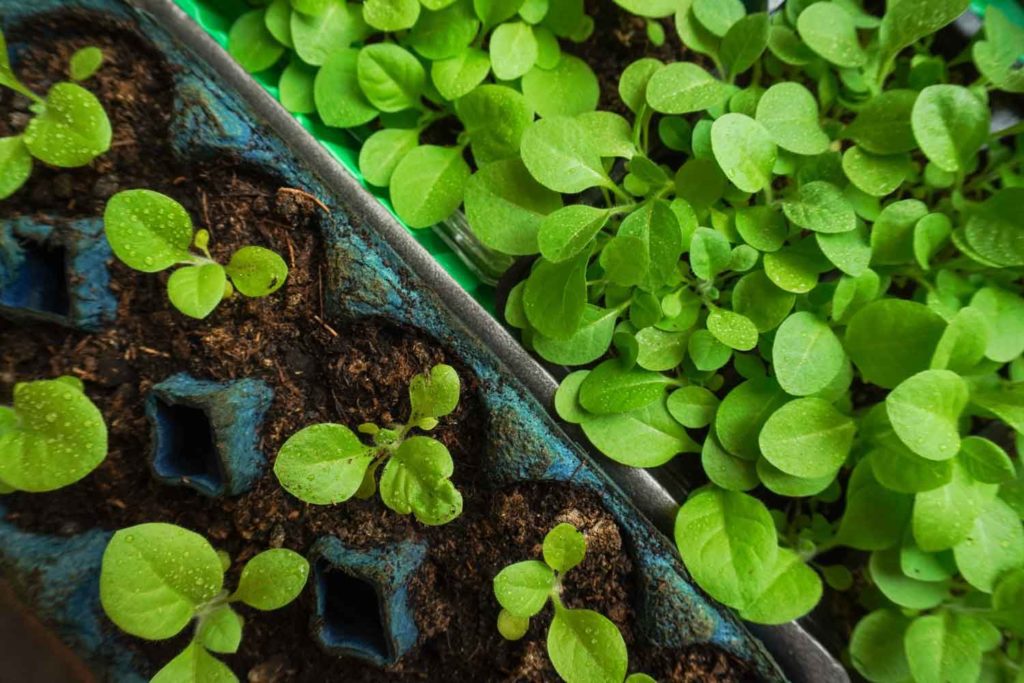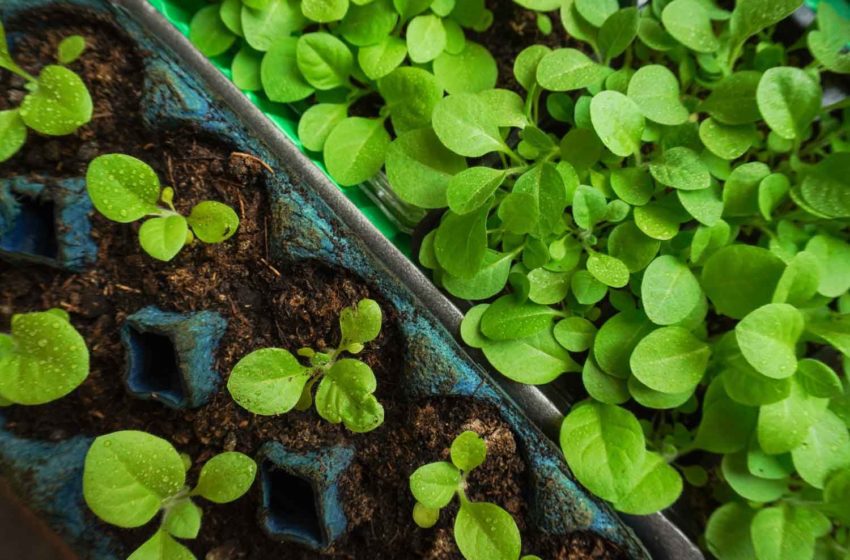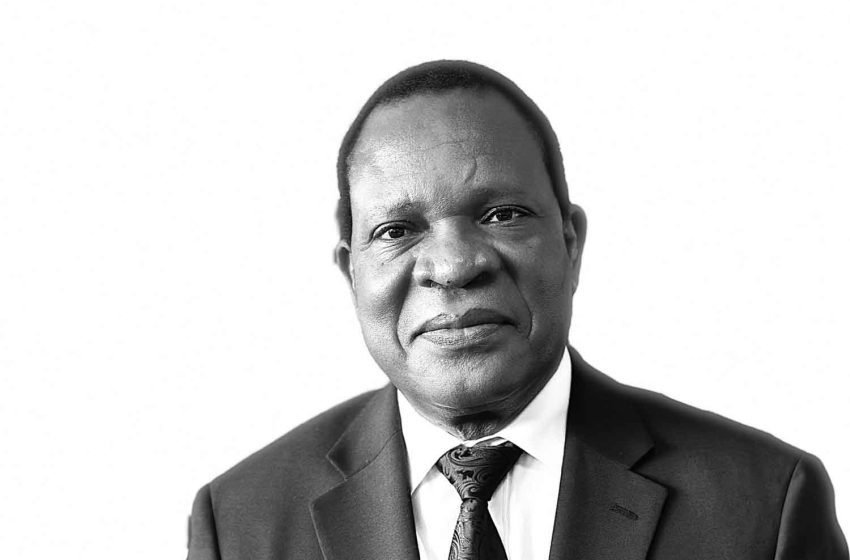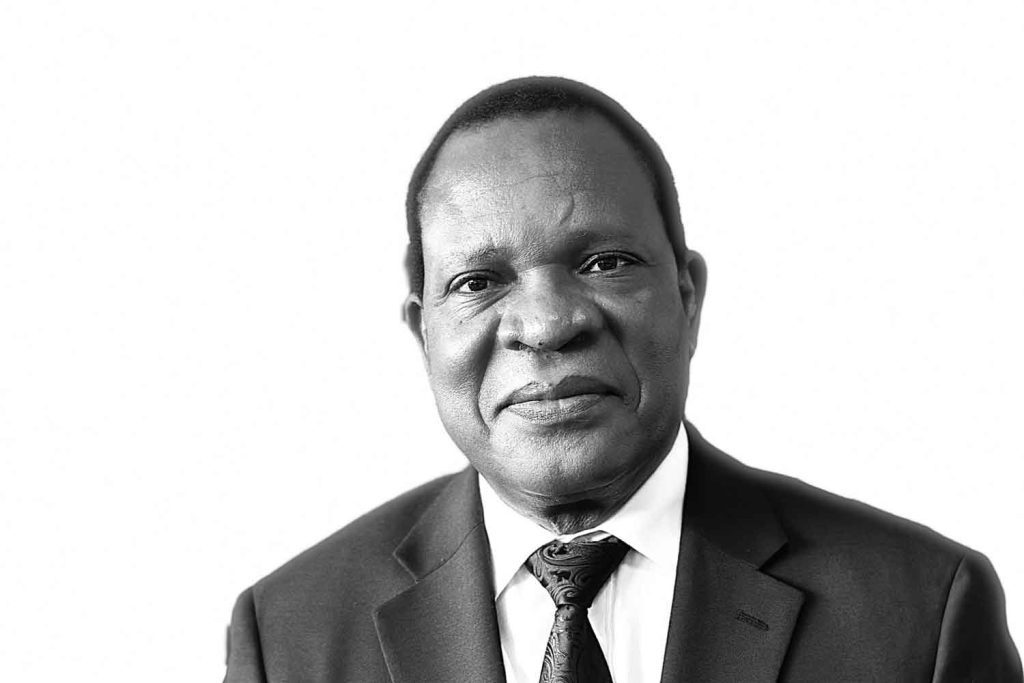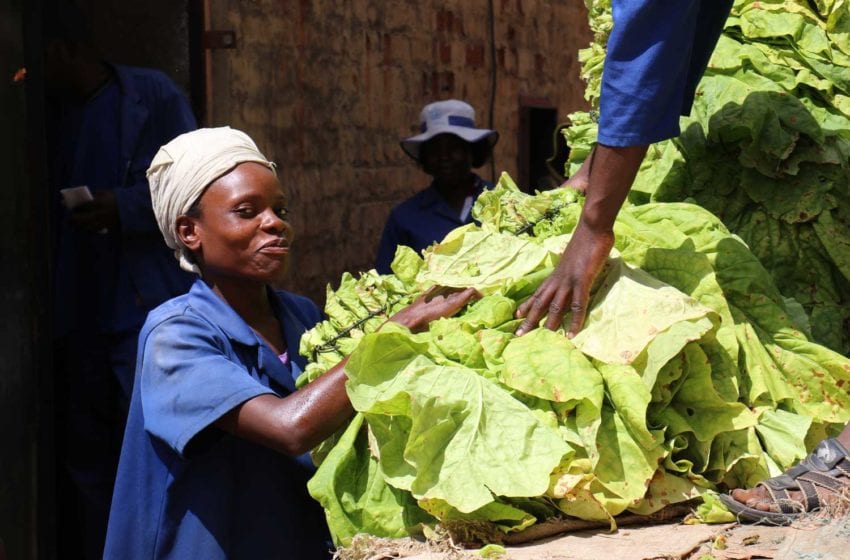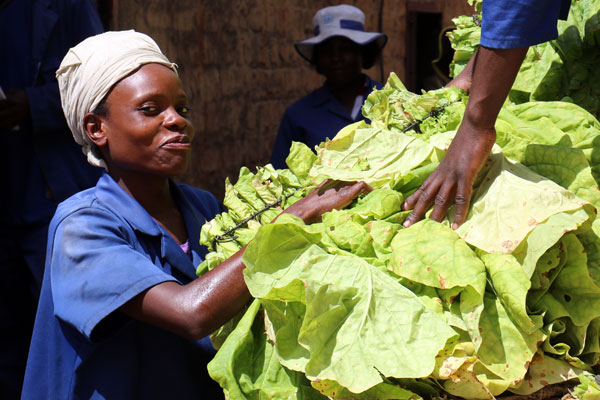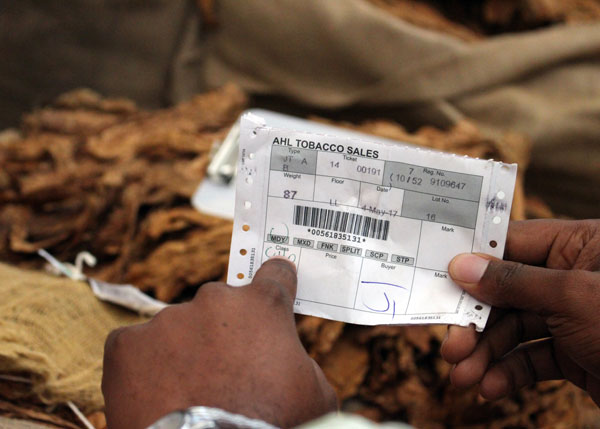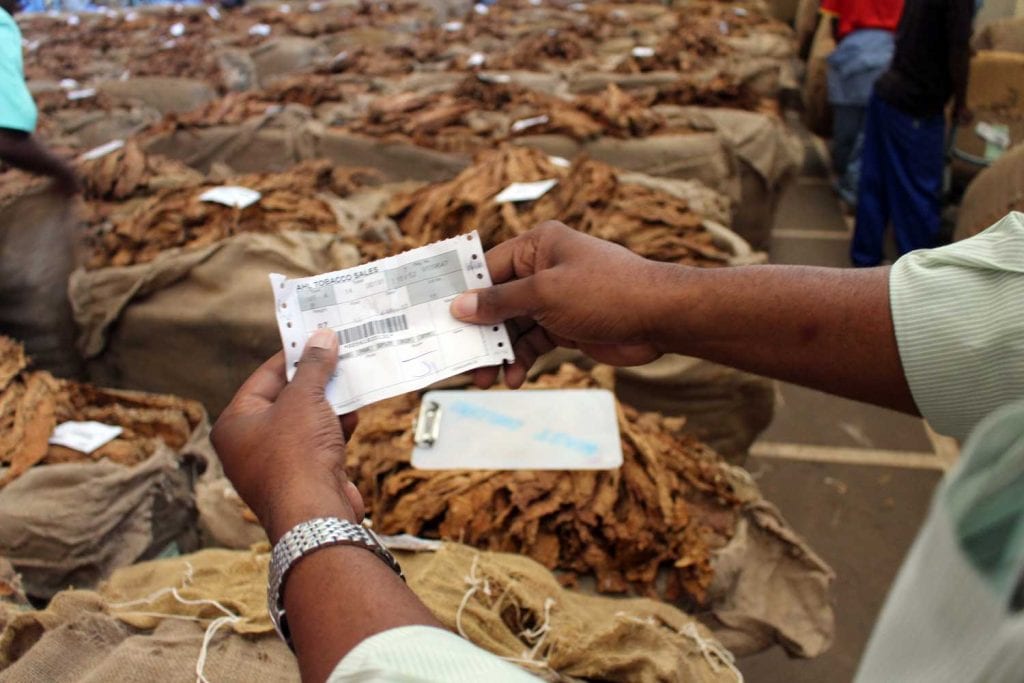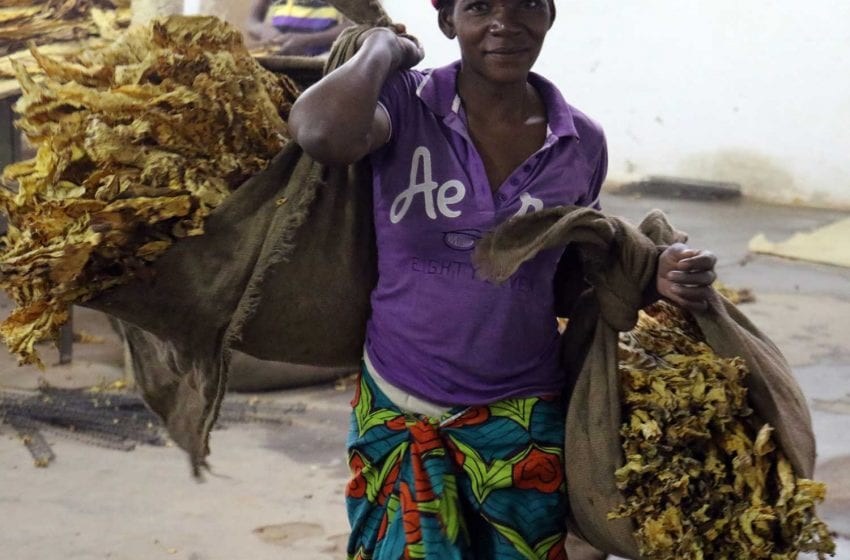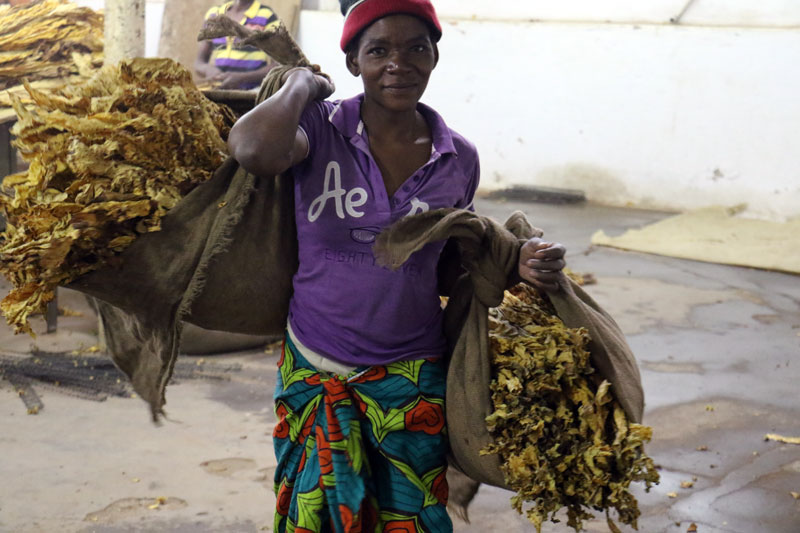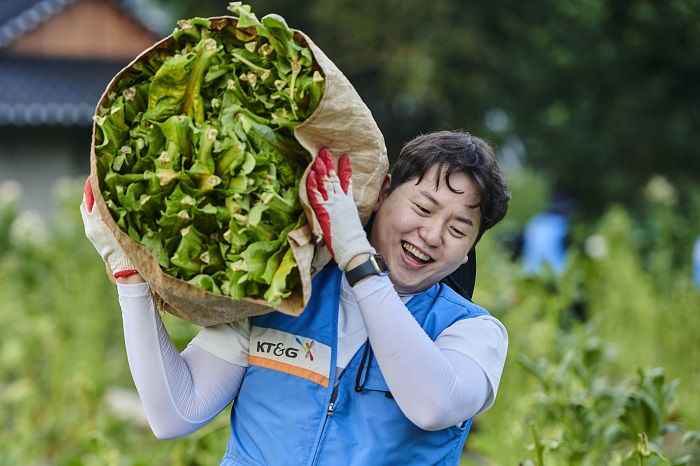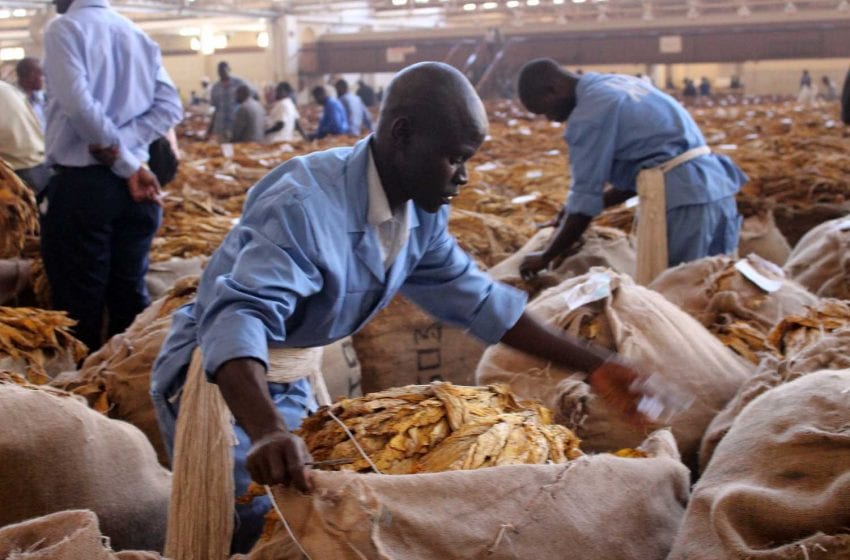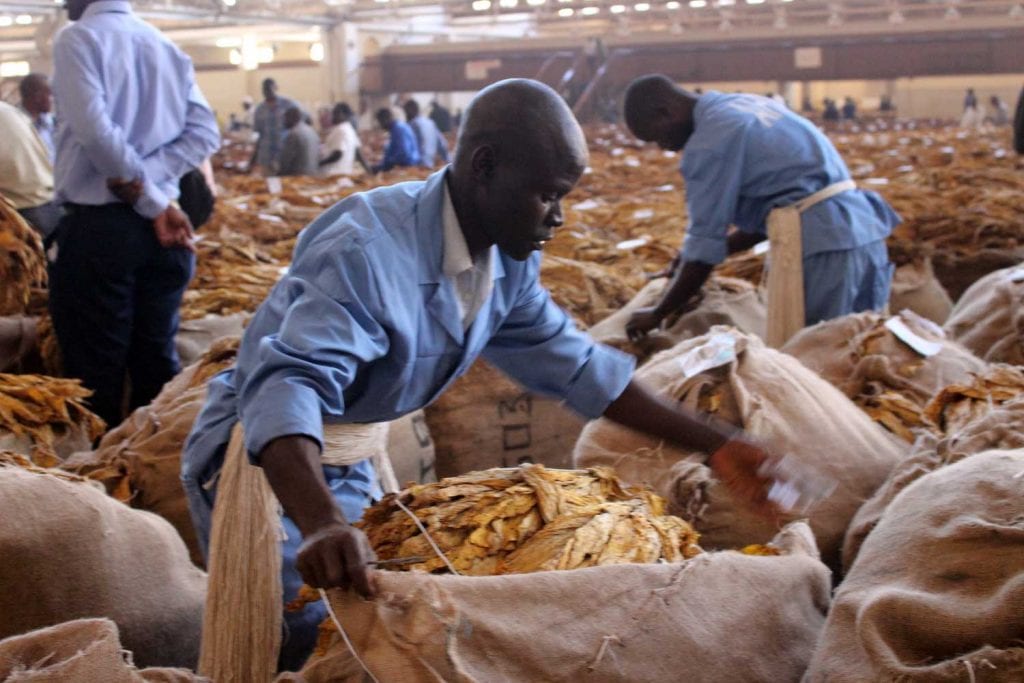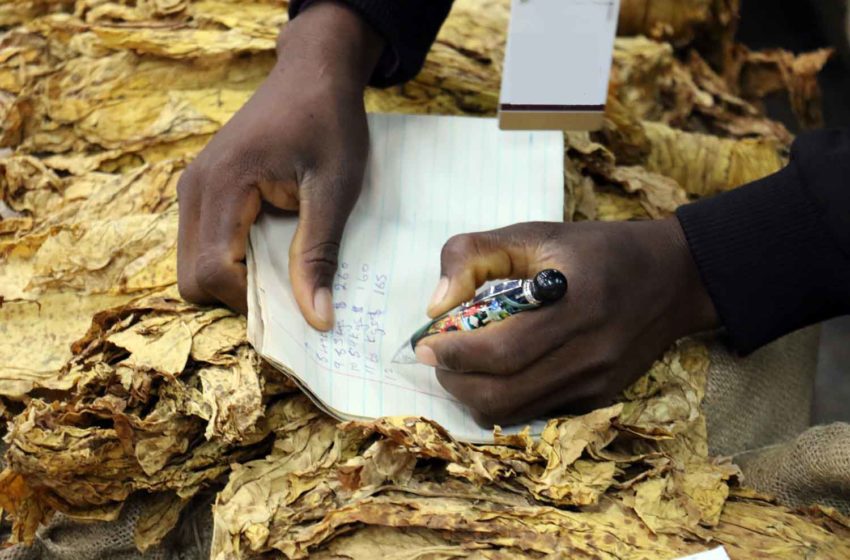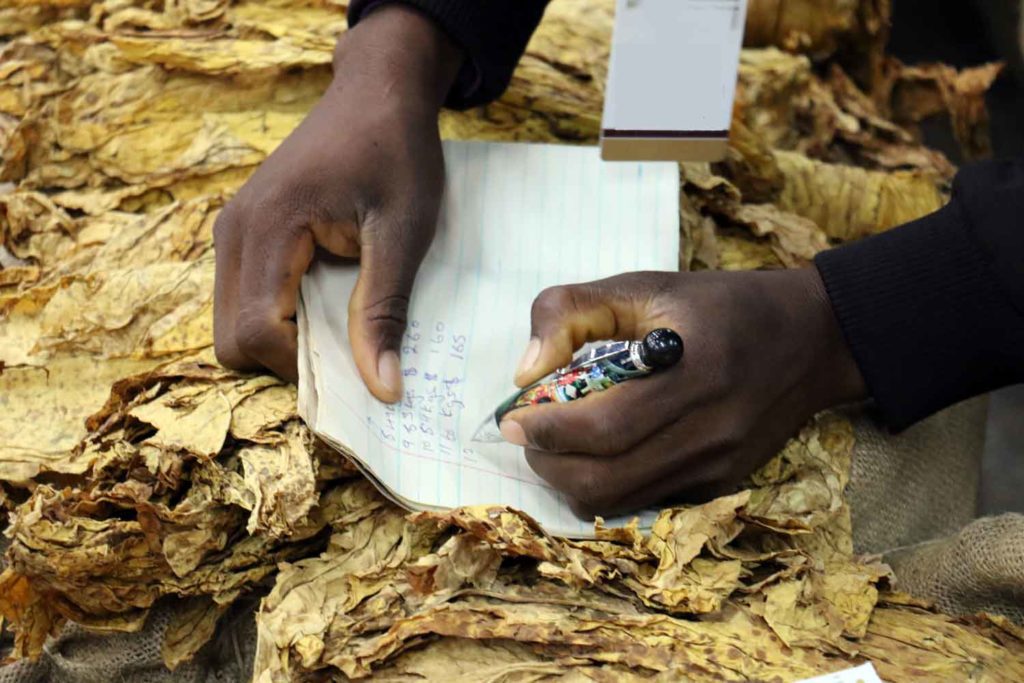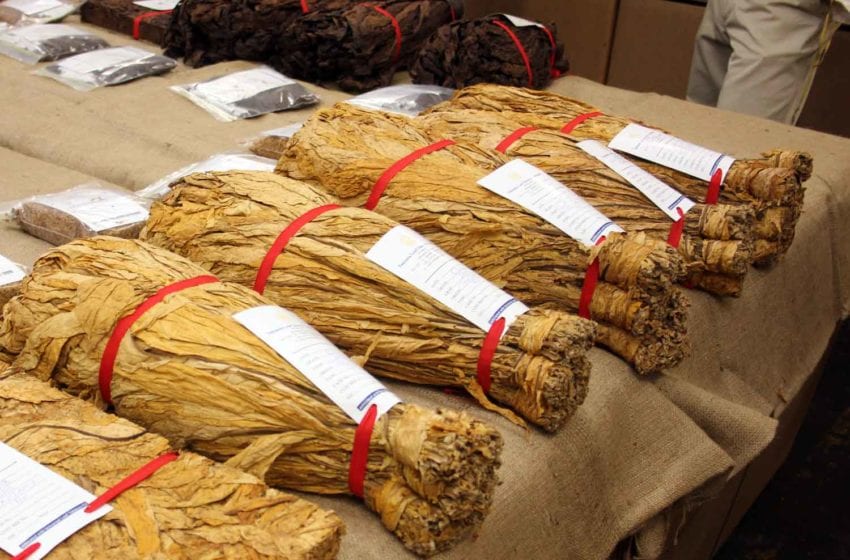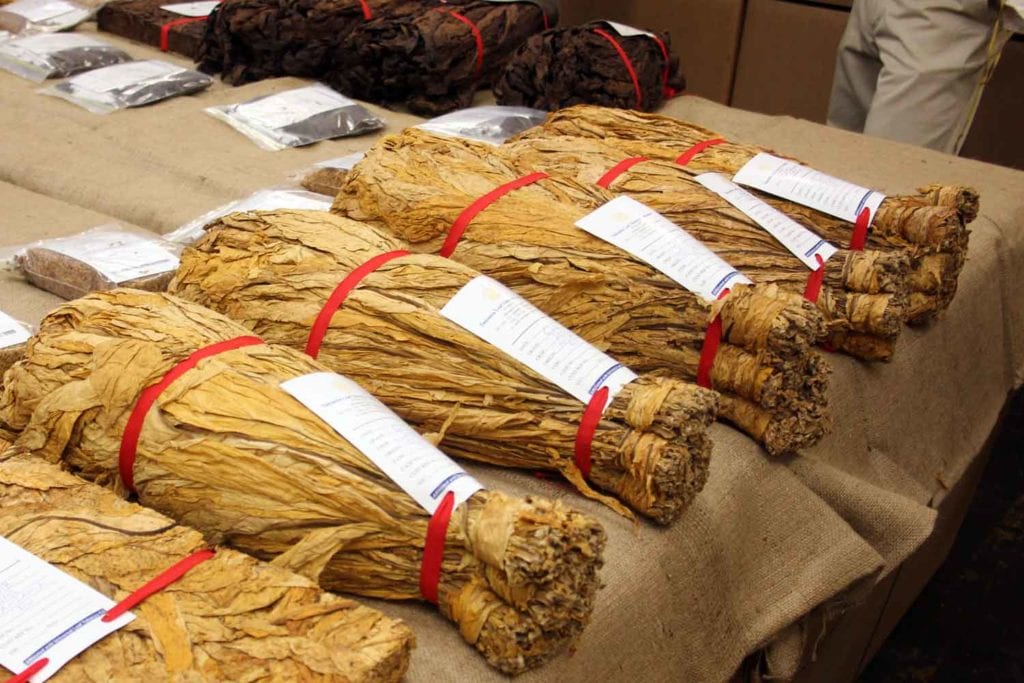So far this marketing season, Zimbabwe has exported more than 98 million kg of tobacco. The country’s goal is to export $1.6 billion total, according to The Herald, an increase from 2022’s $900 million.
To date, $502 million has been exported compared to $417 million in the same period in 2022, a 20 percent increase.
Export value includes what farmers receive in payment for growing, curing and grading the crop as well as what merchants earn for extra processing, packing, application of skills in meeting precise customer orders and final dispatching.
“In terms of exports from our leaf, we are projecting over $1.6 billion compared to $900 million achieved in 2022, so we are going for growth in every aspect,” said John Basera, Lands, Agriculture, Fisheries, Water and Rural Development permanent secretary. “My expectations are very high; we need to go for better growth.” According to Basera, this year’s tobacco yield is the highest and best ever produced in the country.
“The season was good, the crop quality was also good and so are the prices,” said Chelesani Tsarwe, Tobacco Industry and Marketing Board (TIMB) public relations officer. “Farmer payments are being done on time as compared to previous seasons. Overall, there was orderly tobacco marketing, and stakeholders are adhering to the board’s compliance frameworks.”
“If government continues to empower smallholder farmers like in the case of Pfumvudza, then farmers are assured of getting inputs on time,” said Edward Dune, Tobacco Farmers Union Trust vice president. “Unscrupulous middlemen should totally be eliminated to ensure that farmers get what they actually deserve.”
“Tobacco has transformed the majority of people, but there is a need to ensure that processing is done in the country to ensure that our farmers get more money,” Dune said.
Tobacco accounts for the largest foreign currency earning crop in Zimbabwe. The crop is exported throughout the year, but the bulk is bought from contracted farmers. China accounts for 40 percent to 45 percent of total exports.
